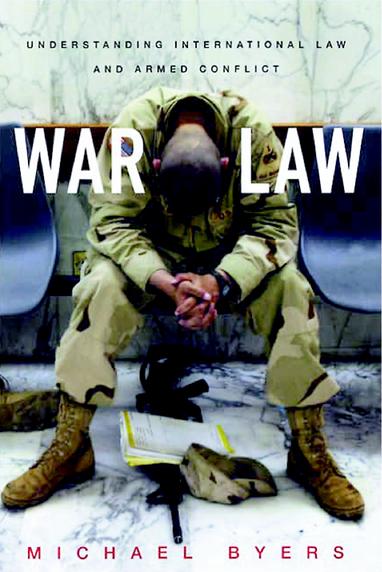His source is the United Nations’ founding charter, which commits members to prevent “the scourge of war” by binding them to settle disputes by “peaceful means” and to “refrain in international relations from the threat or use of force.” Two exceptions to this rule were allowed: A U.N. Security Council vote could be made to use force to settle a dispute, or a nation could use force in self-defense.
As Byers shows, the changing nature of international politics has tested this resolve—especially in light of genocide in Cambodia, Rwanda and elsewhere—but nations have consistently rejected “humanitarian concern” or even “democratic reform” (a rationale the U.S. floated during its invasion of Panama) as sufficient rationale for intervention.
The least popular of any new argument has been that of preventive defense. It’s not hard to see why, Byers argues, for it takes the world back to pre-1945 rules of engagement, when nations squared off against one another to murderous effect.
It also locks the United States into a role of permanent militarization, as U.S. power is the only thing stopping this rationale from being abused by other nations. Can you imagine, for instance, what would happen if France performed a “targeted assassination” on American soil? It’s no wonder that Byers compares this concept to frontier justice: There is indeed a new sheriff in town.









